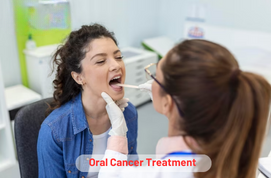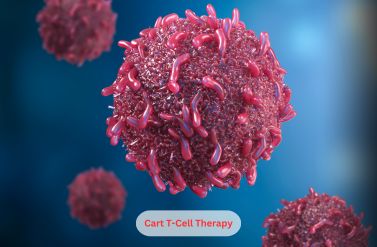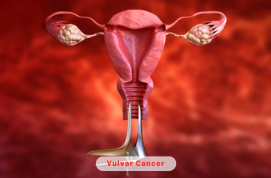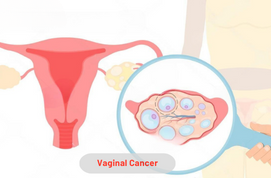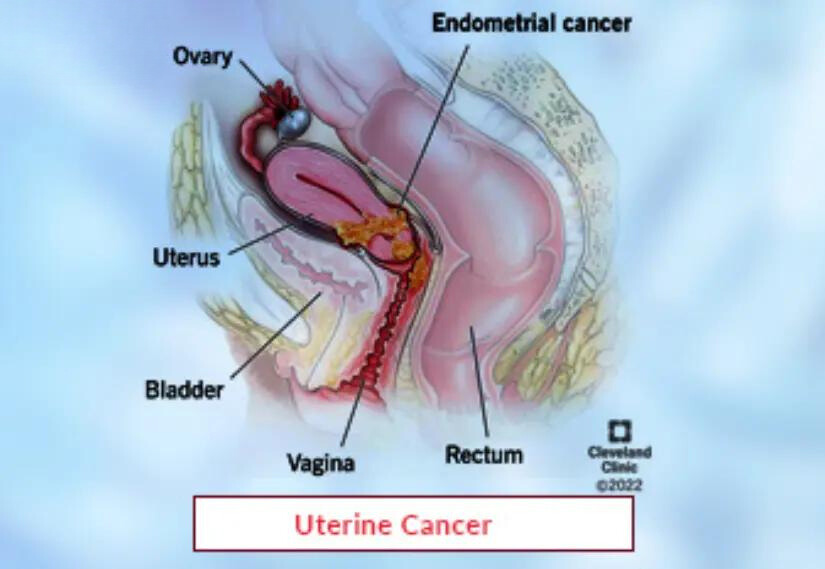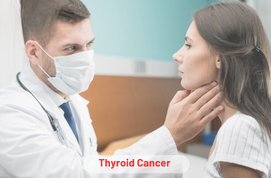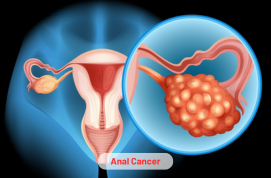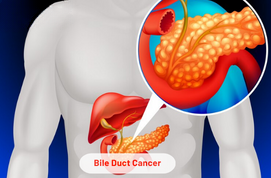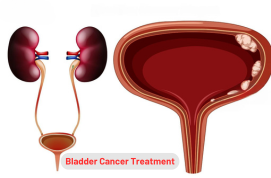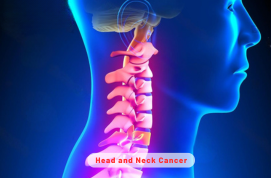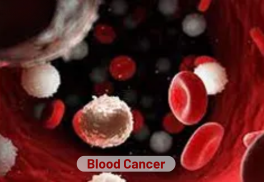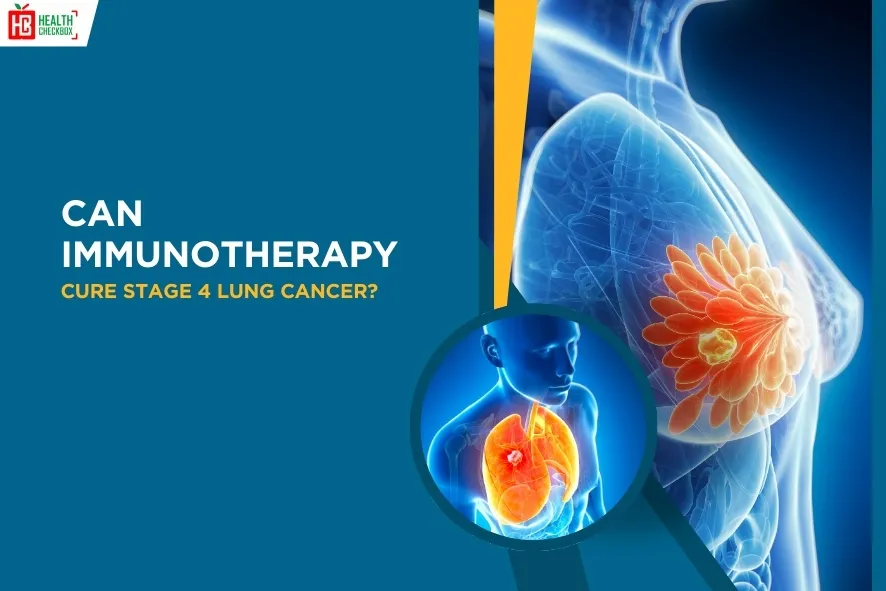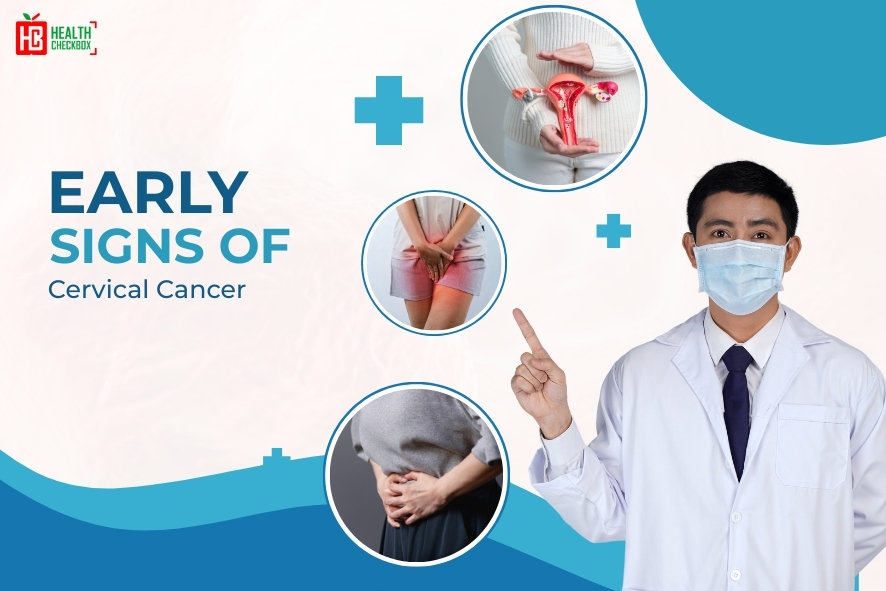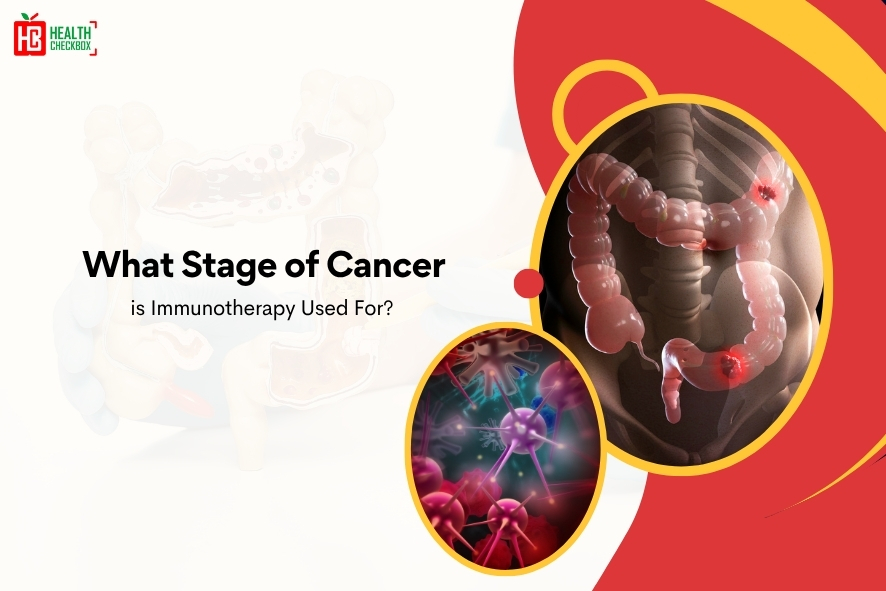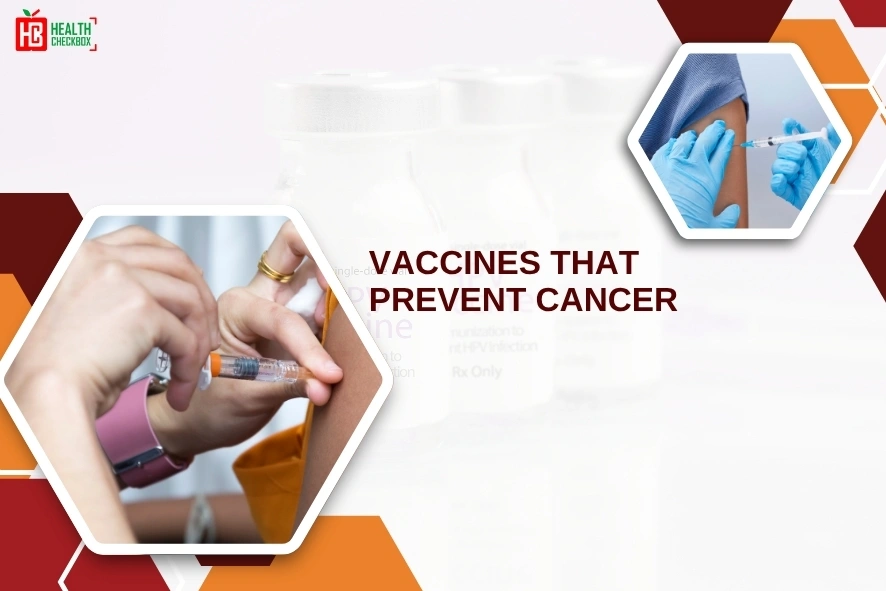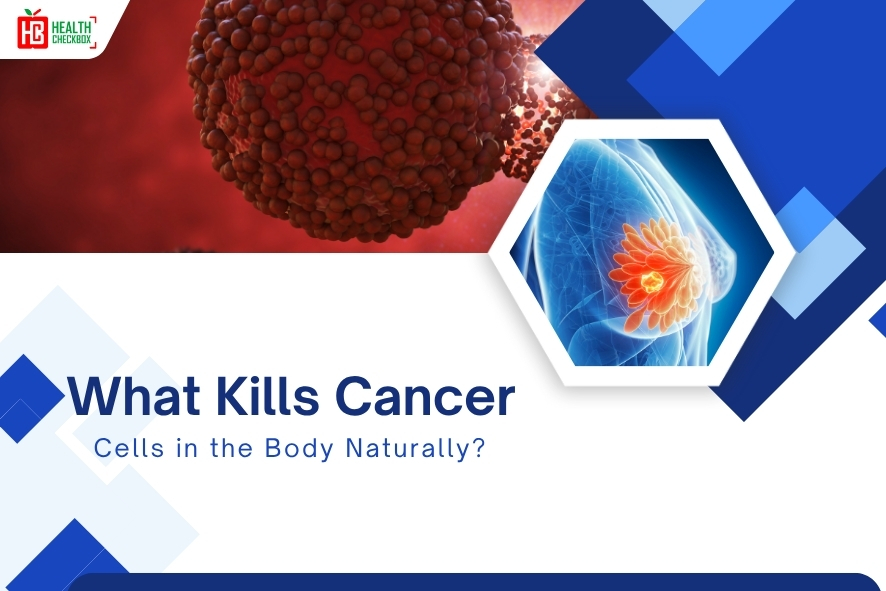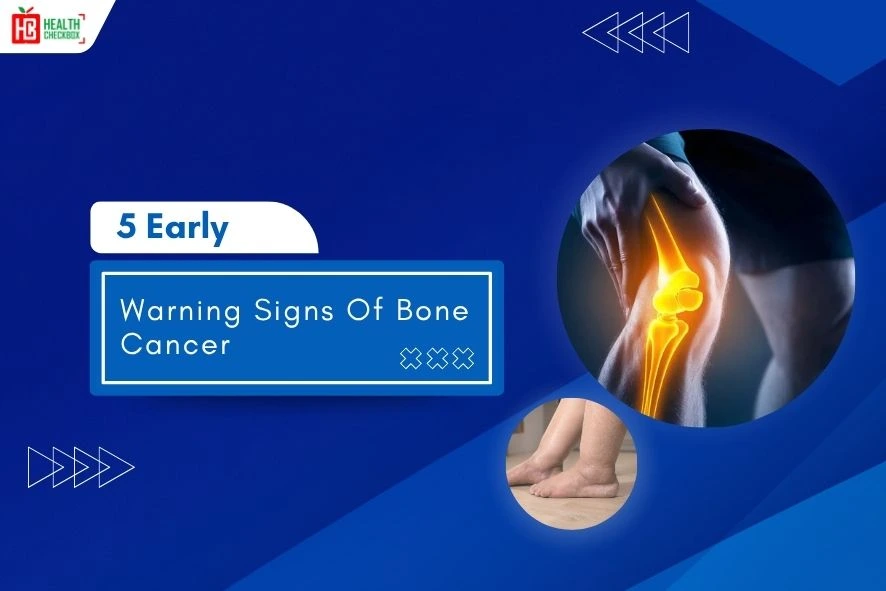Oral cancer is a common disease, affecting millions of people worldwide, which requires immediate medical help and effective treatment. Due to advancement in medical science, oral cancer treatment has evolved significantly, offering new hope to patients.
This is a form of cancer that develops in the tissues of the mouth. For example, the tongue, lips, gums, roof, and floor. When aberrant cells in these areas start to grow uncontrollably and form tumor, oral cancer occurs. Additionally, this improvement has the ability to infiltrate surrounding tissues and perhaps grows to other body parts. The causes of oral cancer comes from many reasons, such as tobacco use and HPV infection, and it normally begins as a sore or lesion that does not heal.
Types
There are several forms of oral cancer and it originates in the mouth or throat. The primary concept are as follows:
Squamous Cell Carcinoma
- This is the most prevalent type of oral cancer and begins in the squamous cells, which are thin, flat cells that line the mouth, throat, and lips. It usually manifests as a persistent sore or lesion in the mouth. SCC can spread to neighboring tissues and lymph nodes.
Oral Melanoma
- This is a rare but aggressive type of oral cancer that grows in the pigment-producing cells (melanocytes) in the mouth. Oral melanoma often appears as a dark spot or lesion on the gums, tongue, or roof of the mouth. It can be difficult to detect early but this cancer spreads rapidly.
Salivary Gland Cancer
- Saliva is produced by the salivary glands, which is the site of this cancer. Any of the three main salivary glands, such as the parotid glands, located near the ears. The submandibular glands are located beneath the jaw and the sublingual glands, located at the back of the tongue. This cancer can develop by many health problems like pain, problem in swallowing, and swelling or lumps in the mouth or jaw are the main indications.
Lymphoma
- In this case, the oral cavity starts in the lymphatic system (which includes tissues, bone marrow, spleen, thymus, tonsils, and lymph nodes), which are part of the immune system. It may cause HPV problems and shows swelling in the part of the mouth or throat.
Kaposi Sarcoma
- People who are with weaker immune systems and those suffering from HIV or AIDS can easily affect mouth cancer. It commonly manifests as purple or red sores in the mouth.
Causes
Here are the main causes and various risk factor:
- Excess use of Tobacco – Oral cancer is common in smokers, chewers, and snuff users. There is a substantial risk of cancer if used over an extended period of time and at a higher volume.
- Human Papillomavirus Infection – HPV16 is a main etiological reason for mouth cancer. It is especially found in younger people and those who have multi-sex partners.
- Drinking of alcohol – Consumption of excessive alcohol, particularly when combined with tobacco use. It increases the chance of developing oral cancer.
- Sun exposure – For a long time sun exposure may raise the risk of lip cancer. Application of lip balm can reduce the risk.
- Deficiency of nutrients – A diet which does not consist of any fruits and vegetables may contribute to an increased risk of this health issue.
- Smoking – Cigarettes, cigars, or pipe smoking can be the main reason for causing mouth cancer. Smoking can cause damage to cells and lead to oral cancer.
- Family history – An increased risk of mouth cancer due to a family history suggests that genetics may be involved.
- Age factor – Sometimes years may pass before oral cancer develops. It usually manifests in persons over the age of 55. However, younger people are developing malignancies linked to HPV.
- Irritating habits – People having teeth with sharp edges or loose dentures can cause chronic irritation. This problem can raise the possibility of oral cancer.
Signs & Symptoms
A list of some common symptoms of this disease are given below:
- Change in weight loss
- Bad breath
- Pain in ear
- Swelling, pain, or stiffness in jaw
- Lump in neck
- Hoarseness or change in voice
- Bleeding in mouth
- Painful sensation or numbness in mouth or throat
- Sore on lip or in mouth that doesn’t heal easily
- Thick patch inside your mouth or throat
- White and red color patches in mouth or throat
- Enable to chew or swallow
- Trouble in speaking, or moving jaw or tongue
Treatment Options
The interdisciplinary approach to treating oral cancer, which depends upon various reasons, such as type of cancer, stage, and position. There are multiple therapies that help in the treatment of this cancer. These are listed below:
1.Surgery
This is the first and best option for oral cancers. A surgeon can remove a tumor or tissue that is affected by cancer cells. The doctor can also remove the lymph nodes so that the cancer doesn’t spread.
2. Radiation therapy
This therapy is the main cure for throat cancer with surgery and chemotherapy. In radiation therapy, high-energy rays can destroy the cancer cells and control their growth.
3. Medication remedy
There are different types of cancer-fighting drugs available that may be used after surgery. So that the cancer that contains growth or does not come back after treatment.
4. Chemotherapy
In this case, with the help of medications, both cancer cells and healthy cells can be killed. It can be used to destroy any cancer cells that remain after surgery or to reduce a tumor before surgery. If surgery is not an option, it may be the primary course of handling.
5. Immunotherapy
These medicines aid the immune system in locating and eliminating cancerous cells in patients’ bodies. For some forms of oral cancer, it is a potentially effective treatment.
6. Targeted therapy
In this case, some molecules are attacked because they are involved in the growth of cancer and its progress. Individuals may get this aid with a combination of radiation and chemotherapy.
7. Rehabilitation
After therapy and surgery, physical aid is needed for helping patients so that they can regain speech, chew, and swallow. All these can be improved with help of speech and physical therapy.
Side Effects of Treatment
- Breathing problem due to swelling
- Thyroid problem
- Hair loss
- Dry mouth
- Fatigue
- Weak immune system
- Hearing problem
- Ear numbness
- Change in taste
- Problem in speaking
- Inflammation in mouth
- Skin irritation
- Trouble in opening mouth
How it can be prevented?
For lowering the risk of oral cancer individuals should take some precautions. These are listed below:
- Get immunized from the disease, often through HPV vaccination.
- Do not smoke or use any products which include tobacco.
- Try to avoid drinking alcohol.
- Eat a well-balanced diet.
Latest Health Tips
Can Immunotherapy Cure Stage 4 Lung Cancer?
Early Signs of Cervical Cancer
Foods that Kill Cancer: Leafy Vegetables, Grains, & More
What Stage of Cancer is Immunotherapy Used For?
Which is Worse for Cancer, Sugar or Alcohol?
Vaccines That Prevent Cancer
What Kills Cancer Cells in the Body Naturally?
Early Warning Signs of Bone Cancer
Submit Your Enquiry
Testimonials








